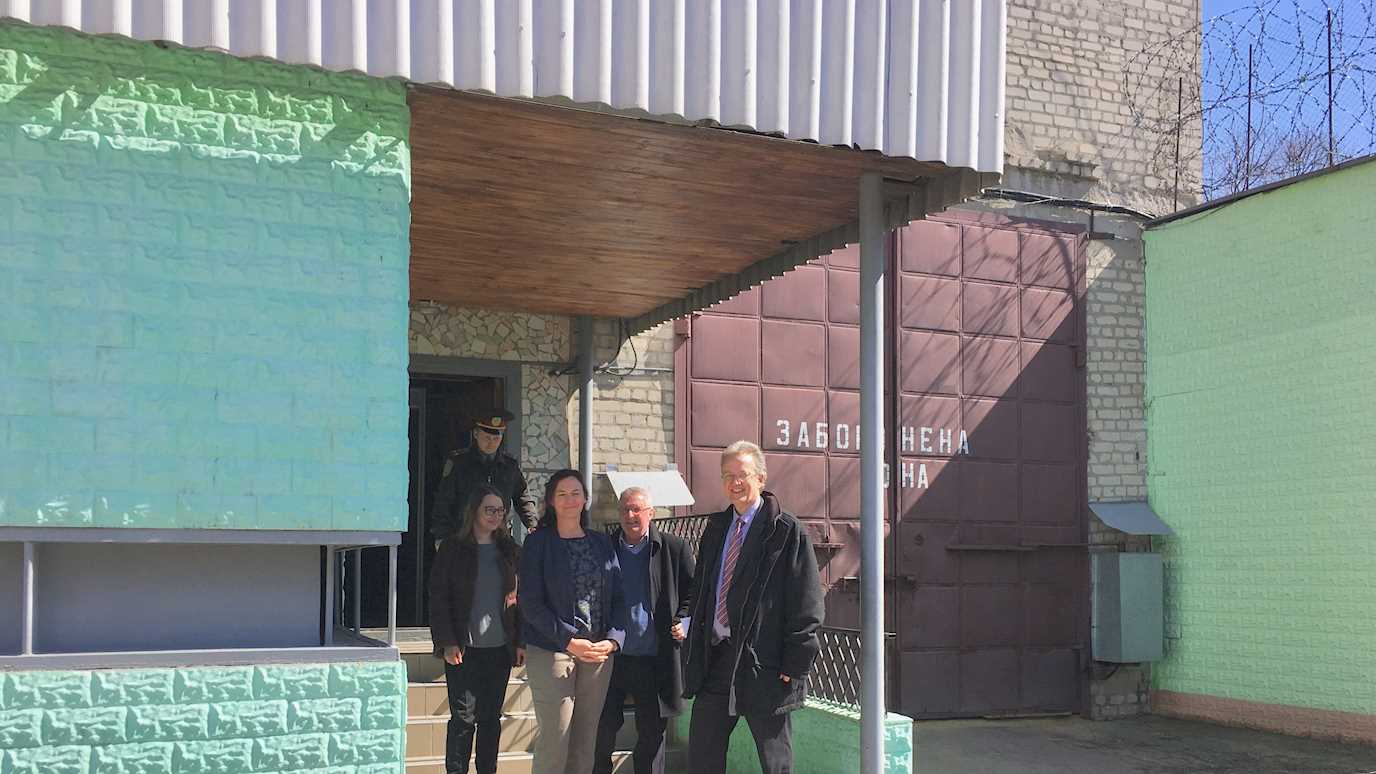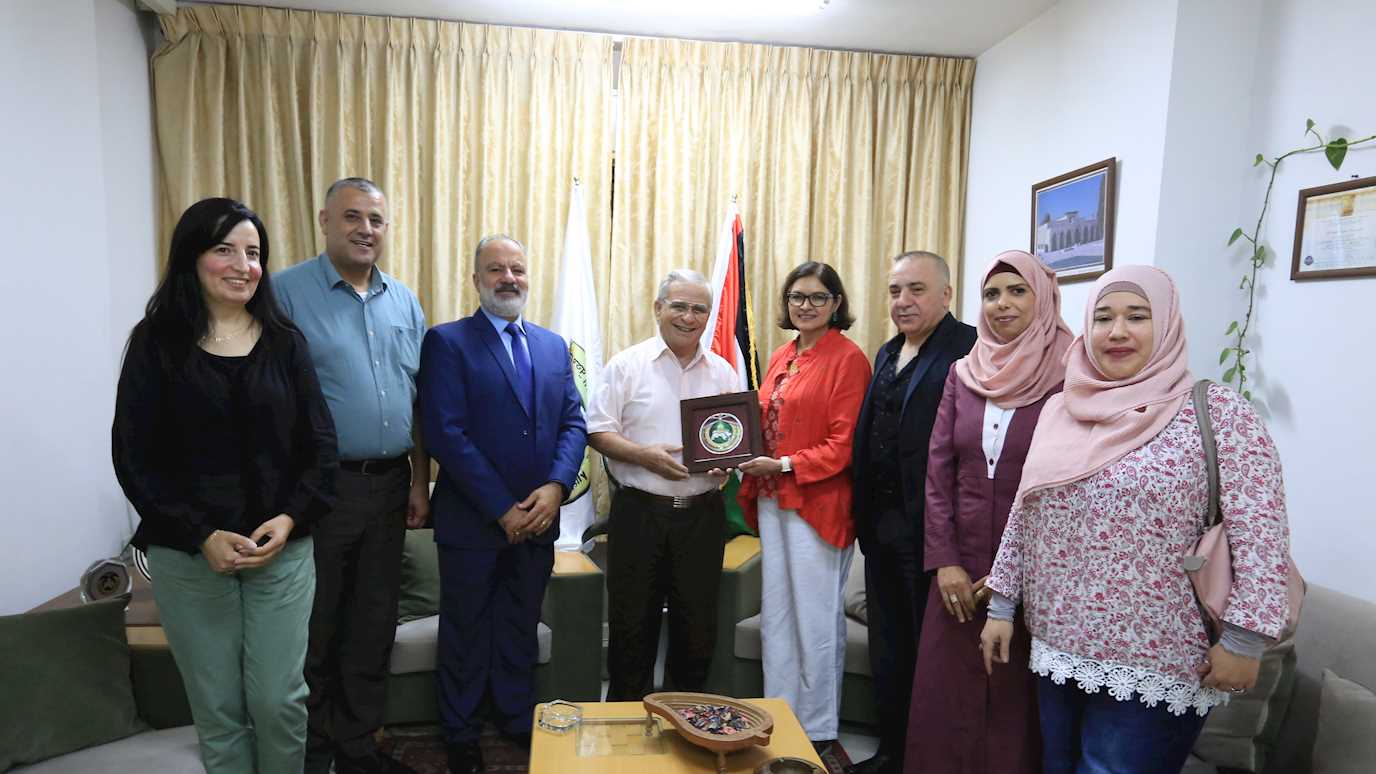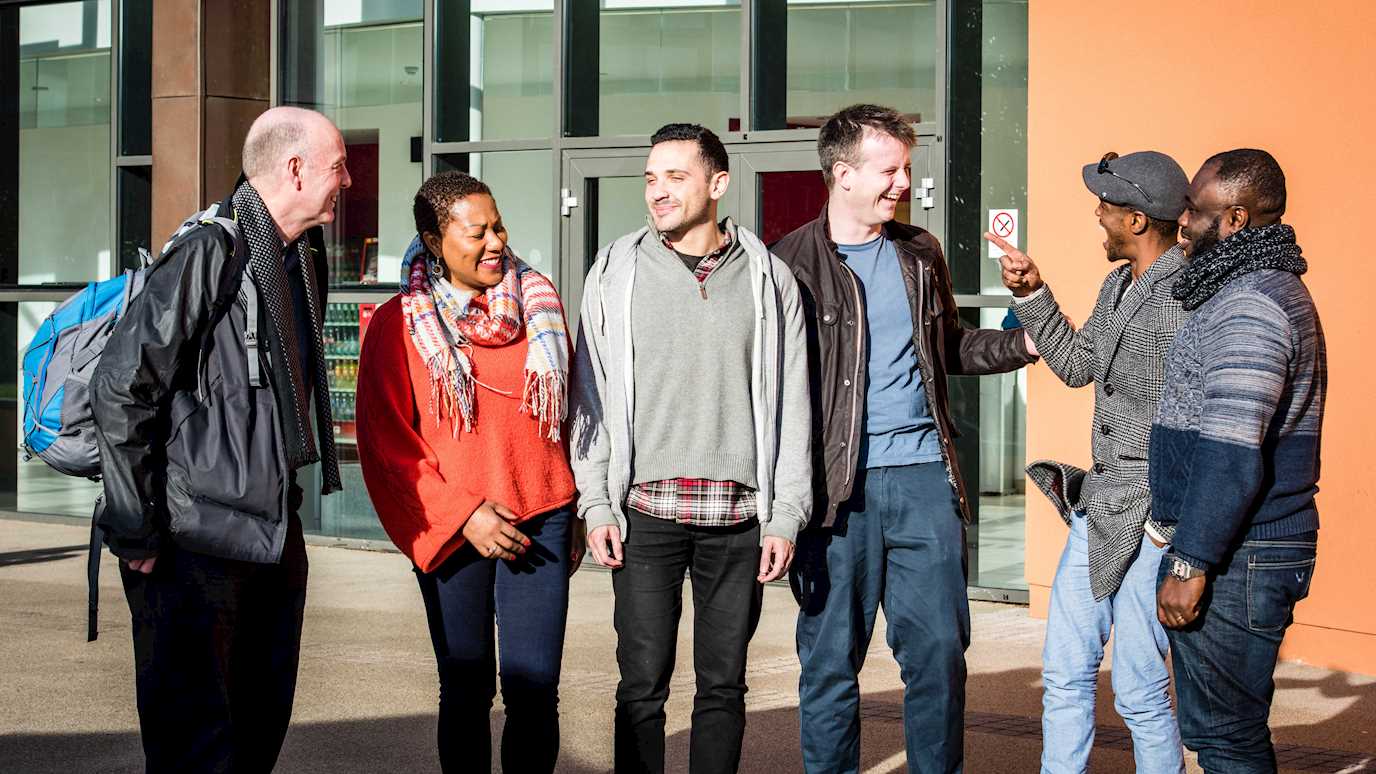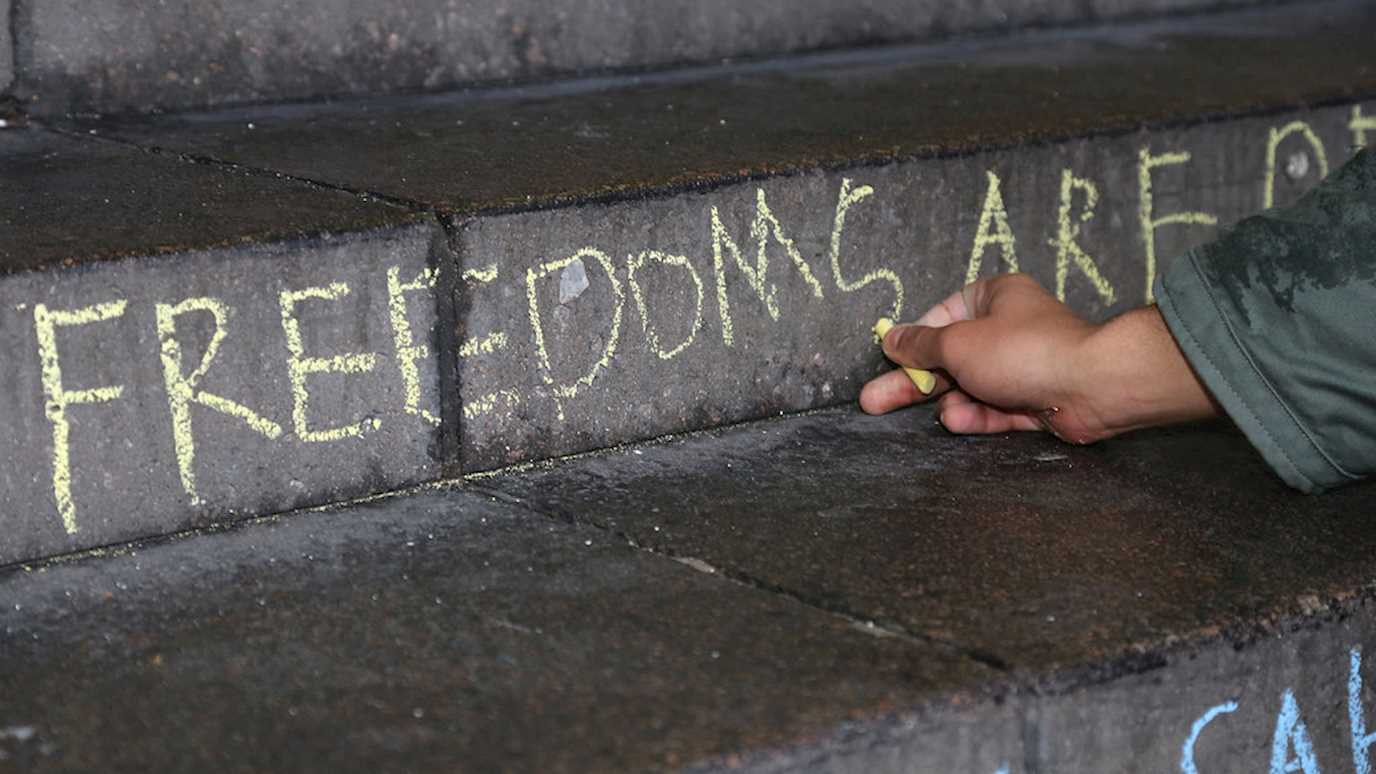Social Work, Law and Criminology have a thriving culture and highly regarded profile for research
Researchers in Social Work and throughout the Department of Law and Criminology work across disciplines to respond to rapidly changing social problems. We have developed a thriving culture and highly regarded profile for research across outputs, impact and funding. We contribute to policy, practice and the communities we serve. We also work closely with public services, community and advocacy groups, and develop non-academic stakeholder networks and partnerships to advance the rights, representation and well-being of marginalised groups, such as African and Caribbean men, ethnic minority prisoners, refugees, and older people. In addition, our work focuses on improving child adoption processes and neglect in pursuit of a social justice agenda.
Across Law, Criminology and Social Work our strategic aims are to:
- Build an interdisciplinary and multidisciplinary research environment that is responsive to rapidly changing social issues.
- Contribute to social work, social science, socio-legal and the legal corpus of knowledge.
- Engage with perspectives of marginalised groups, such as African and Caribbean men, ethnic minority prisoners, refugees, older people, and child adoption and neglect.
- Work closely with public services, community and advocacy groups.
- Develop non-academic stakeholder networks to support and assist in the development and completion of impactful research.
The foci of our research interests and our distinctive combination of subjects are reflected in four coherent inter-disciplinary research clusters: Crime and Punishment, Families and Children, Health and Social Care, and Rights and Freedom.
Institute for the Study of Power, Crime, and Society


Founded in 2022, the Institute is an intellectual home for the study of illegal, informal and criminal dynamics of power in the broader social context.
The Institute promotes cutting-edge research using quantitative methodologies. It hosts workshops and training events to foster open science practices and enhance quantitative education and training among Staff and Research Students.
For more information about the Institute, follow this link or contact Prof Giovanni Travaglino at giovanni.travaglino@royalholloway.ac.uk.
























